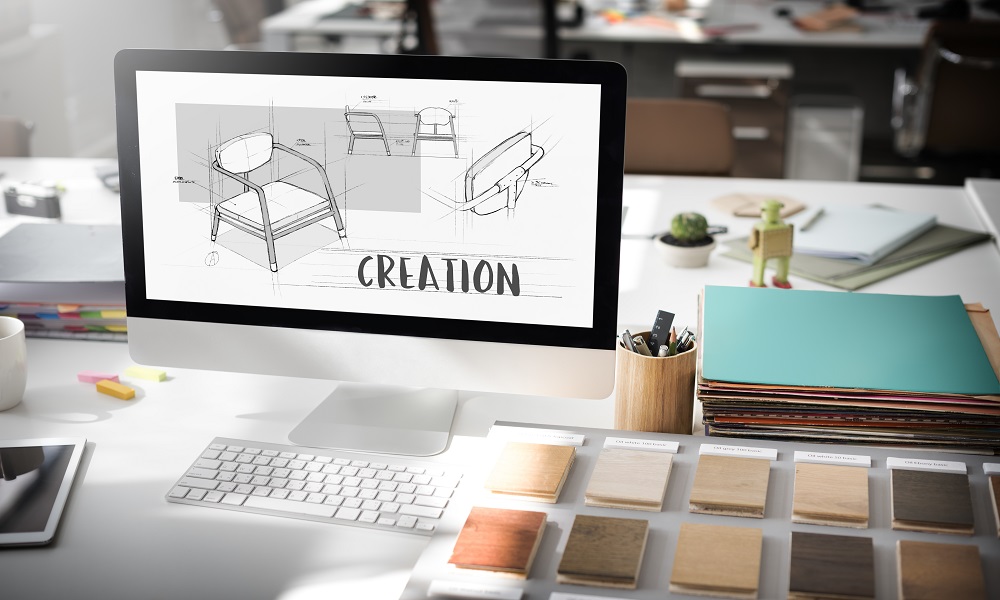As aspiring designers, it is important for you to grasp the importance of sustainable design and its transformative capacity in creating a more environment- friendly world. By integrating sustainability into your design process, you can help to create products that are more efficient, durable, and recyclable. You can also help to reduce the environmental impact of manufacturing and consumption. As one of the leading product design colleges in India, we share with you some of the useful insights on sustainable design:
1. What is sustainability in design?
Sustainable design aims to minimise the environmental impact of products through various strategies. It involves reducing energy consumption, greenhouse gas emissions, and waste generation throughout the product’s lifecycle. Designers choose environmentally friendly materials, consider the entire life cycle of the product, and promote energy efficiency. Social responsibility is also prioritised, taking into account worker safety, fair labour practices, and social equity. User experience is crucial, with a focus on creating intuitive, durable, and aesthetically pleasing products. Education and communication play a role in raising awareness about sustainability and influencing consumer behaviour towards more sustainable choices.
2. Pillars of sustainable design
Sustainable design rests on three fundamental pillars: environmental, social, and economic. Environmental sustainability focuses on minimising harm to nature and preventing pollution. Social sustainability emphasises the well-being of communities, considering factors like accessibility and inclusivity. Economic sustainability involves designing products that are economically viable, promoting long-term profitability. At the same time, these designs consider affordability for consumers.
3. Selection of materials
Designers should prioritise materials that are renewable, recyclable, or biodegradable to minimise environmental impact. It is essential to consider the entire life cycle of materials, from sourcing to disposal, and opt for those with the least negative effects. Exploring alternatives such as bamboo, cork, or recycled plastics can contribute to sustainable material choices. Also, designers should strive to minimise waste and energy consumption during the production process. By making thoughtful material selections, designers can play a significant role in promoting sustainability in their designs.
4. Designing products for repairability and durability
When designing products, prioritising repairability and durability has significant benefits. By creating products that have a longer lifespan and can be easily repaired, designers can reduce the frequency of replacements and minimise waste generation. To achieve this, incorporating modular designs allows users to replace specific parts instead of discarding the entire product. Emphasising easy disassembly and utilising standardised connectors further facilitates repair processes. By promoting a repair culture through these design choices, products can remain functional and relevant for extended periods, contributing to sustainability and reducing environmental impact.
5. Renewable energy and energy efficiency
The integration of energy-efficient features into designs can have a profound impact on reducing environmental harm. Designers should focus on optimising energy consumption during product use and consider innovative solutions such as solar or kinetic energy to power their designs. By incorporating renewable energy sources, designers can reduce reliance on non-renewable resources and contribute to a cleaner and more sustainable future. This emphasis on renewable energy and energy efficiency aligns with the goal of minimising environmental impact and promoting sustainable practices in product design.
6. Educate consumers about sustainable design
Designers should take the initiative to educate consumers about its sustainable features. By emphasising the product’s positive contribution to addressing climate change and environmental issues, designers can instil a sense of responsibility among consumers. This awareness encourages customers to adopt responsible product usage practices, including maintenance and repair, rather than opting for replacements.
Looking to pursue a bachelor of product design course?
Explore our B.Design (Hons.) Product Design programme. The curriculum covers various aspects of product design, including design thinking, materials and manufacturing processes, user research, sketching and visualisation, digital design tools, prototyping, and project management. Students can specialise in areas such as systems design, UX design, service design, UI design, process design, human-centric design, social innovation, and human factors (ergonomics). The students are encouraged to think creatively at every turn, solving real-world problems and bringing value to communities and companies. With informative workshops and guest lectures, we promote a safe and positive learning environment for students.






